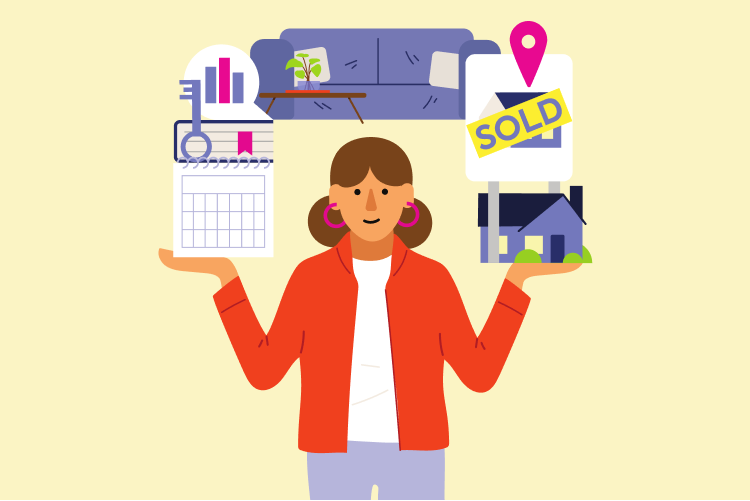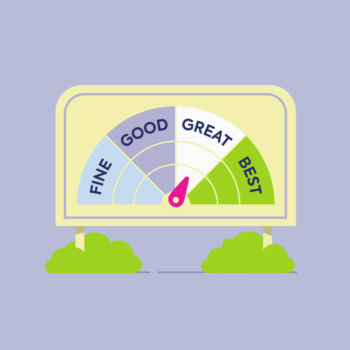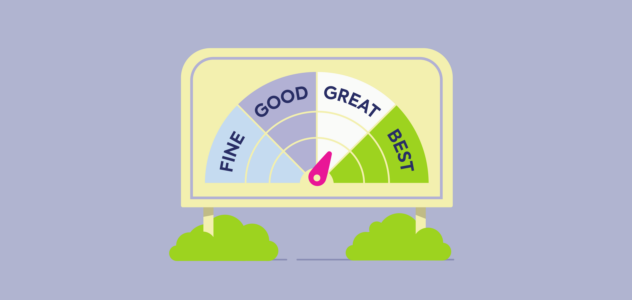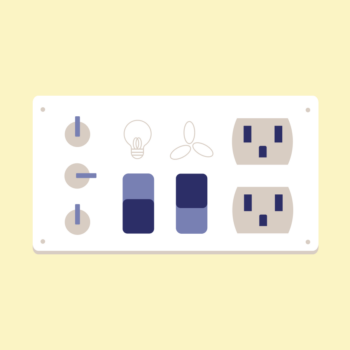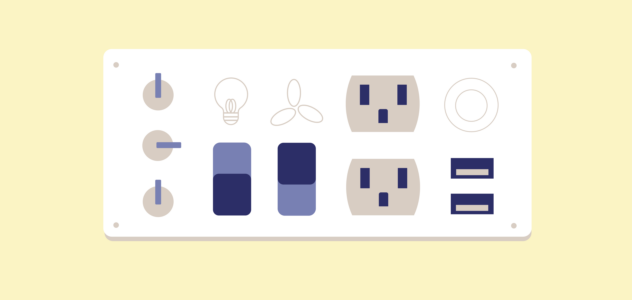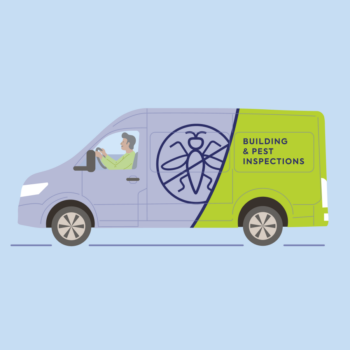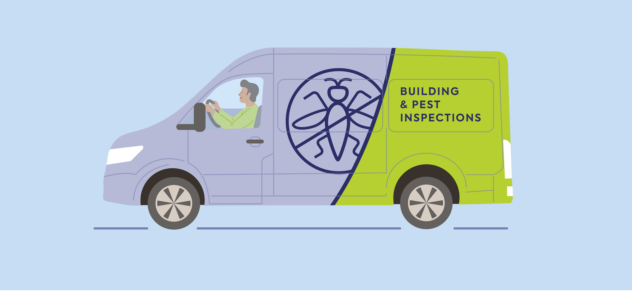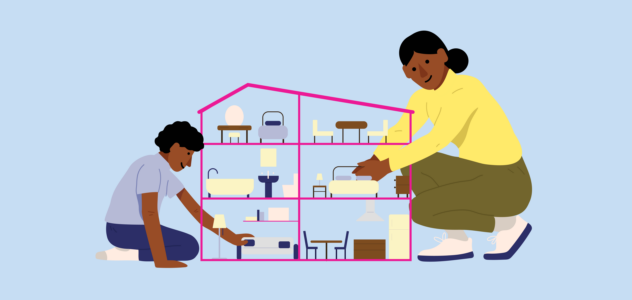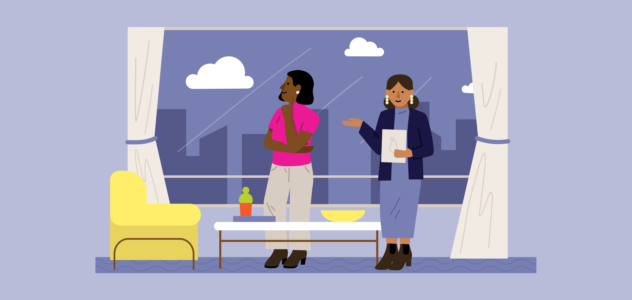One thing’s for sure: if you’re selling your home, you want the best possible price.
And one way to make sure that happens is through a vendor’s advocate.
Think of them as your go-to person for the sale of your property. They’ll help you at every step of the property sale process – from getting it ready for market, to checking over the real estate agent’s marketing strategy, to negotiating terms with buyers (or their buyer’s advocate, if they have one).
In other words, they’re an incredibly valuable person to have on your team.
So, what is a vendor advocate?
What do they actually do?
And should you work with one?
What is a vendor advocate? What do they actually do?
Just like a buyer’s agent is there to represent the buyer – a vendor advocate is there to represent you, the seller.
They’re like a middle person between you and the agent.
In practice, they manage the process for you and can take a whoooole lot of stress out of selling. They work and negotiate with the real estate agent and buyer on your behalf (as well as any other professionals along the way).
To get more specific, a vendor advocate can:
- Guide you to prepare your property for market
An experienced vendor advocate knows what sells (and what doesn’t). You can engage them before you place your property on the market to see what might increase the value – like a lick of paint or a spot of gardening.
- Help select a real estate agent
Being IN the industry means a vendor advocate has seen their share of agents – good and bad. They can guide you on which agent to list your property through.
- Negotiate commission and advertising fees with the agent
A vendor advocate can do more than get the best possible price for your property – they can also help you get the best price for other things, like advertising fees. They’ll negotiate with the real estate agent on your behalf.
- Advise on the type of sale: auction versus private
An experienced vendor advocate will know what might work best for your particular property.
- Evaluate your asking price
This one’s a big one, as your asking price can ultimately determine how successful your property sale is. So, is it too high? Or too low? Some real estate agents use asking price tactics to try and sell your home as quickly as possible – but this might not necessarily get you the best price. A vendor advocate will keep these tactics in check and make sure your home is listed for the right price.
- Guidance on how to present your property for inspections
Tips to wow potential buyers and keep interest flowing through the door.
- Keep the real estate agent’s marketing strategy in check
An agent might have an idea of how the marketing strategy will play out – but it’s a vendor advocate’s job to review this and make sure your best interests are at heart.
- Negotiate terms with the buyer and their agent (if they’re using one)
When you have an interested buyer, a vendor advocate can negotiate with them (or their buyer’s agent) on your behalf. Things like price, settlement period and conditional vs unconditional offers.
- Coordinate the legal side of things, like the Contract of Sale
When a buyer finally makes an offer on your property – one that you’re happy with (booyah) – a vendor advocate is still there to support you through the formal side of things, like coordinating paperwork and the Contract of Sale.
- Act as the middle person between you and the real estate agent
Don’t love working with agents? No worries, a vendor advocate will do a lot of this on your behalf.
- Answer any questions you have throughout the process
They’re your go-to person throughout the whole journey – a super handy person to lean on if it’s your first time selling or you want to smooth out the process.
So, what’s the difference between a vendor advocate and an agent?
Both a vendor agent and real estate agent represent you, but they have different roles.
A real estate agent’s job is to facilitate the sale of a property. But that doesn’t necessarily mean they’ll be looking out for you every step of the way. In some cases, they could take shortcuts or encourage you to settle for an offer just to make the sale (that might be less than what you wanted).
A vendor advocate, on the other hand, is there entirely for YOU. They’ll work hard to make sure you’re getting the best possible deal and keep the real estate agent in check.
Do I need a real estate agent, then?
Technically, you’re not required by law to use a real estate agent (but there can be some serious drawbacks and risks if you choose to go at it alone).
But it’s important to add, a vendor advocate won’t serve as a direct replacement for an agent, as they don’t actually facilitate the sale of the property (you’ll need an agent for that).
Therefore, having both an agent and vendor advocate on your team can be a powerful and valuable duo.

Benefits of a vendor advocate
We don’t need to tell you twice, selling your home can be a stressful and time-consuming process. But a vendor advocate can make it a little smoother.
- Get you the best possible price – a vendor advocate has your best interest at heart, and they’ll work until the end to get you the best possible price
- Guide you through decisions – when decisions come up throughout the process, they’ll be there to run through it with you.
- Act as a sounding board – if you have any concerns, comments or questions, a vendor advocate is there to listen.
- Save you time – they’ll take the reins with a lot of the negotiating, paperwork and back-and-forth, giving you more time to focus on what you need to.
- Reduce your stress – ok, we’ll say it again, selling your home is stressful. But a vendor advocate is an experienced professional who’ll take the lead (meaning, less stress for you).
How much does a vendor advocate cost?
Most vendor advocates advertise themselves as free (yes, you read that right). But remember, there is no such thing as a free lunch and they need to get paid somewhere. Often this is by sharing in the commission you pay to the real estate agent.
Which then begs the question, are they truly independent and working for you or are they aligned to the real estate agent? Hard to say.
Some other vendor advocates offer a fee for service arrangement which could be viewed as more transparent and free from potential independence issues. It’s worth doing your research and asking your potential vendor advocate the right questions before you sign up.
Questions to ask a vendor advocate before you hire them
- Are you fully licensed?
- How long have you been a vendor advocate?
- What credentials or qualifications do you have?
- Are you independent or do you have agreements with real estate agents?
- Can you show me some past client testimonials?
Is it worth using a vendor advocate?
For many, yes. It’s absolutely worth engaging a vendor advocate. They’ll make sure you’re getting the best possible price, and they’ll also save you time and a whole lot of stress. But as always, whether you choose to engage a vendor advocate depends entirely on your situation.
At Finspo, we’re a team of mortgage brokers (AKA home loan experts). While we don’t have vendor advocates on our team, we’ve got industry connections and will happily point you in the right direction. Plus, we can also help you move from one home loan to another.
